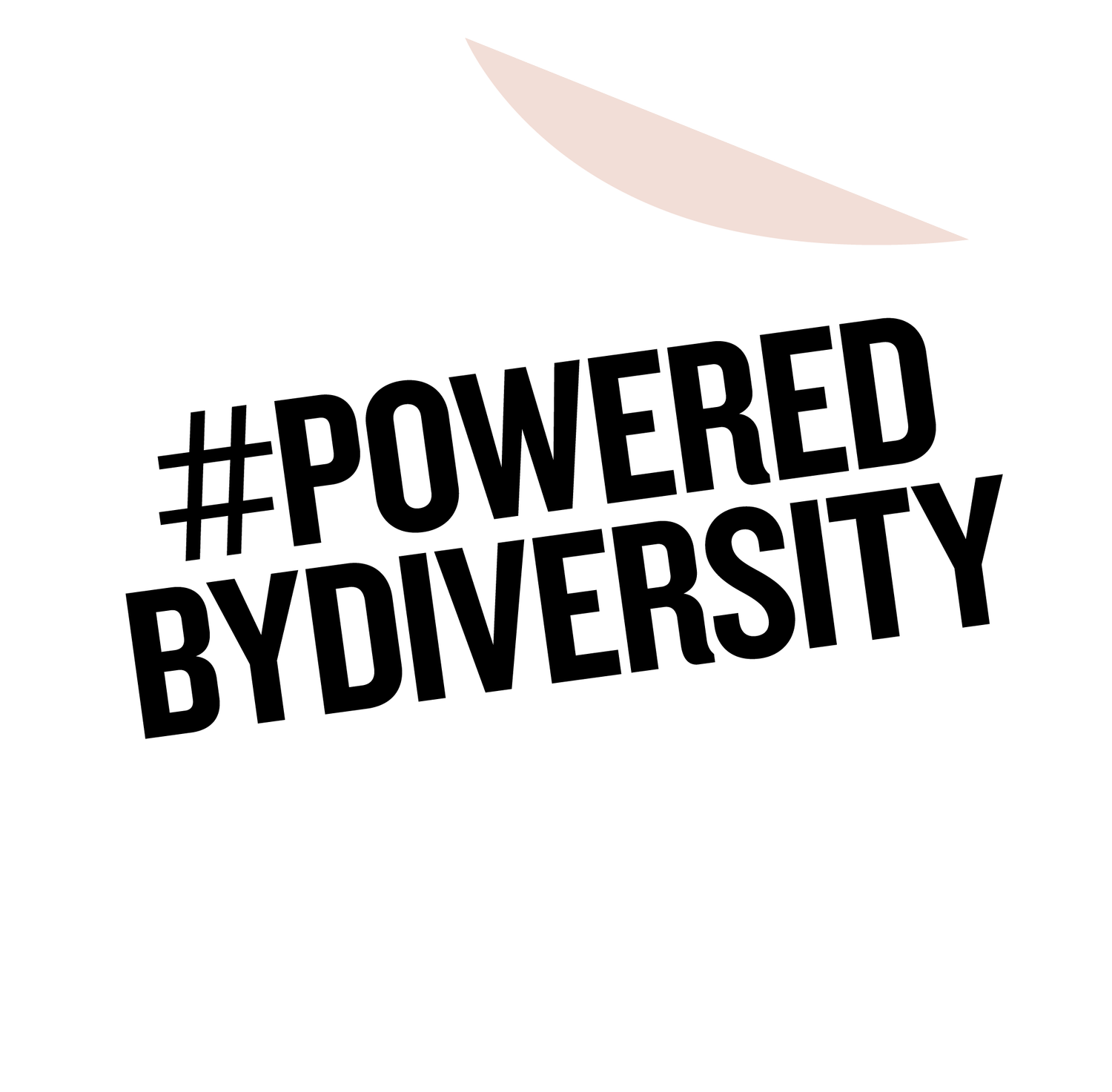Mental Health
& Inclusive Language
Busting the stigmas associated with mental ill health is an ongoing battle. Being inclusive in our language can help a great deal yet with terms like “crazy”, “psycho”, “nutcase” and “loony” all used so widely in everyday language, those seemingly small every-day changes are even more important.
Take a look at the examples below from The Mental Health Foundation and reflect on what small every-day language changes you could make, starting from today:
Describing someone who is organised as “OCD” – being clean, tidy and particular is not the same as living with clinical Obsessive Compulsive Disorder.
Talking about being “bipolar” when we experience everyday natural mood swings, is not the same as living with Bipolar Disorder.
Saying “I’m depressed” or “that’s depressing” if we feel a bit sad, is not the same as living with Depression.
Using very problematic words like “psycho” to describe a person we dislike or “schizo” to describe a person’s reaction or personality, sitgmatises people living with Schizophrenia.
Describing someone who is thin as “anorexic” misunderstands that Anorexia Nervosa is a mental health condition that is much more complex than just losing weight.
Saying “Ugh, I’m going to kill myself” when frustrated, embarrassed or when something is going wrong is insensitive to someone who is Suicidal or someone who has lost a loved one to Suicide.
Sarah, an HR consultant told us:
I have a long-term mental health condition - although it’s classed as a disability in that at times it can significantly affect my ability to operate normally, it’s not evident and most people would never “find out” without me telling them.
Our workplace was doing a lot for mental health awareness and with all the emphasis on destigmatising mental illness, I briefly considered “coming out” and doing a talk about my condition at work.
Through this lens I decided to wait and sit with the idea for a while. During that period, my antennae were up, and suddenly it seemed like everywhere I turned I was hearing words like “manic” “psycho” “depressing” “mental” “crazy” "nutter" used completely unthinkingly in everyday conversation.
Phrases like “that was so boring it made me want to kill myself”, “he’s a total nut job” and “I’ll end up in the loony bin” are meant completely innocently, but to me they closed the door of acceptance.
I knew that in the back of their minds they would be thinking those things about me."
WATCH
Meet Catrina and notice what she says about stigmas and stereotypes around mental health.
Get in touch
Got questions - or just fancy a D&I chat?
Just fill in the form below or email us via cat@poweredbydiversityorg.


